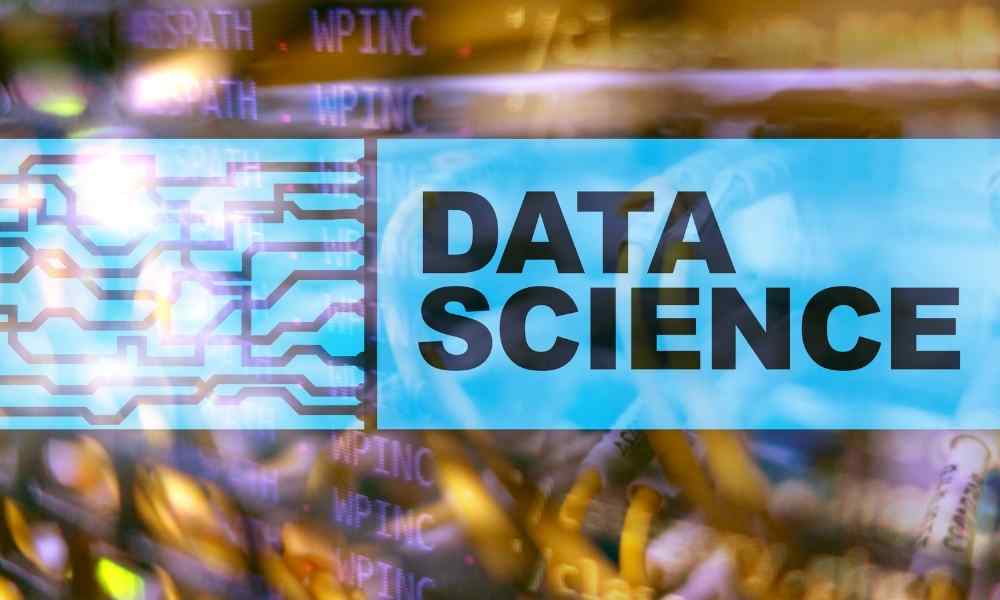What is Data Science and What are its Importances

Data science is an interdisciplinary discipline that trades with and examines big data and performs an essential function in business growth. Data science encompasses understanding and describing the particular business, financial, manufacturing, and pharmaceutical research and forecasting.
Data science is a process for gathering penetrations from structured and unstructured data using methods differing from statistical analysis to machine learning.
For most companies, data science is used to convert data into value in increased revenue, decreased costs, business activity, enhanced consumer experience, new products, and the like. Data science provides the data obtained by an organization with a purpose.
What is Data Science?
Data science is the method of building, refining, and structuring datasets to investigate and derive meaning. It’s not to be involved with data analytics, which is a unique act of examining and evaluating data. These methods share many connections and are both important in the workplace.
Data Science is a heated topic between skilled experts and organizations that concentrate on collecting data and extracting meaningful insights to support business growth.
A lot of data is an asset to any business, but only if it is treated efficiently. The demand for storage grew multifold when we started the age of big data.
Data Science can be described as the subject of data, where it originates from, what it serves, and how it can be converted into valuable information and support to create business and IT strategies.
Why Data science is Importance
The traditional Business Intelligence means fall quick when it gets to processing this large pool of unstructured data.
Hence, Data Science begins with more excellent tools to work on large volumes of data from various sources such as financial logs, multimedia files, marketing forms, sensors and devices, and text files.
Data is an important piece of every transaction. It can add content to any business that can greatly use its data and help industry leaders make choices based on facts, statistical figures, models, and trends.
Data science links domain expertise from programming, mathematics, and statistics to generate insights and knowledge of data.
Data Science also helps in efficient decision-making. Self-driving or smart cars are a perfect example of Data Science.
Aside from developing complex quantitative algorithms and synthesizing a high volume of information, the data scientists also encounter communication and management skills, which are required to drive measured and actual results to different business stakeholders.
Data science combines artificial intelligence, machine learning, deep learning, mathematics and statistics, domain knowledge, Learning technology, and software development.






